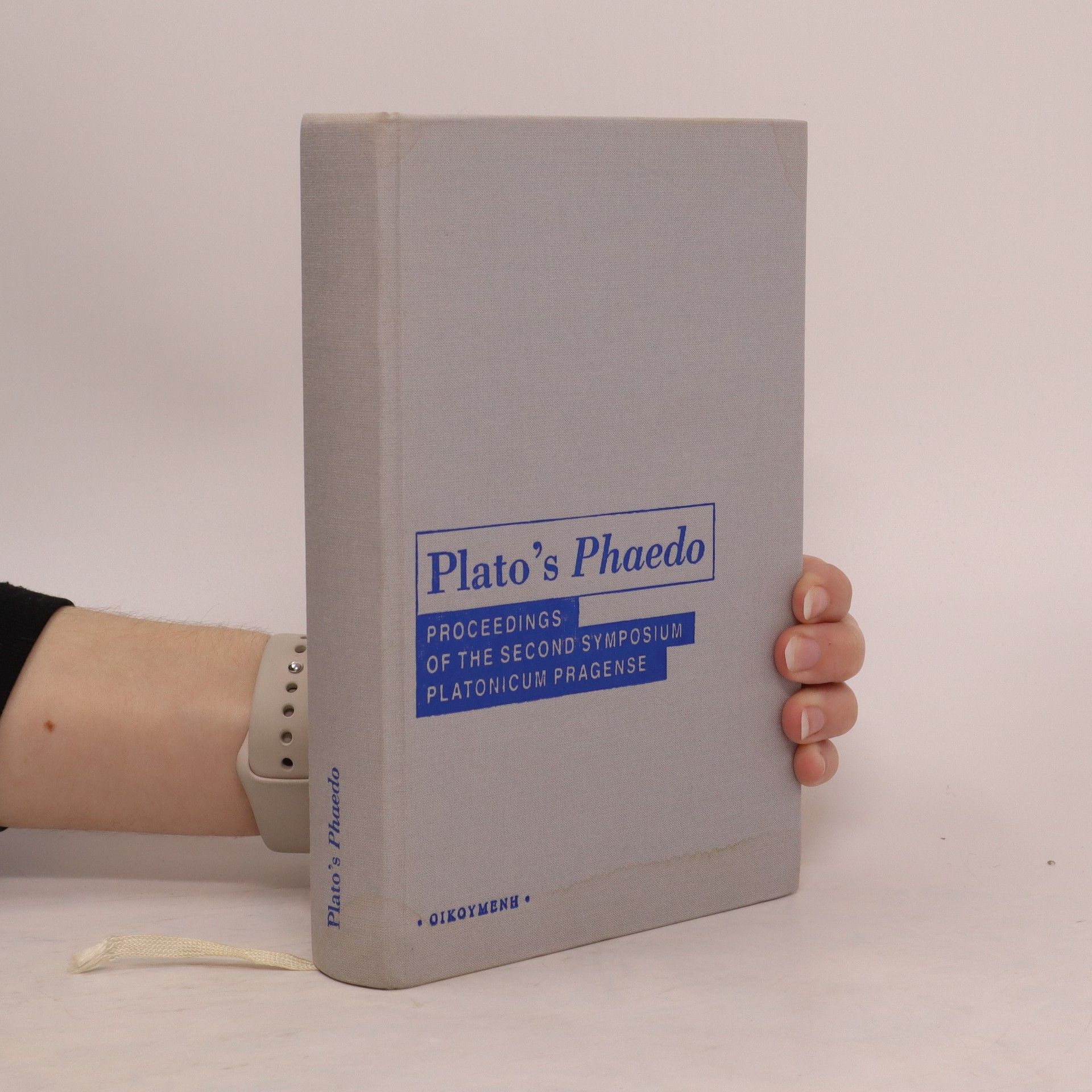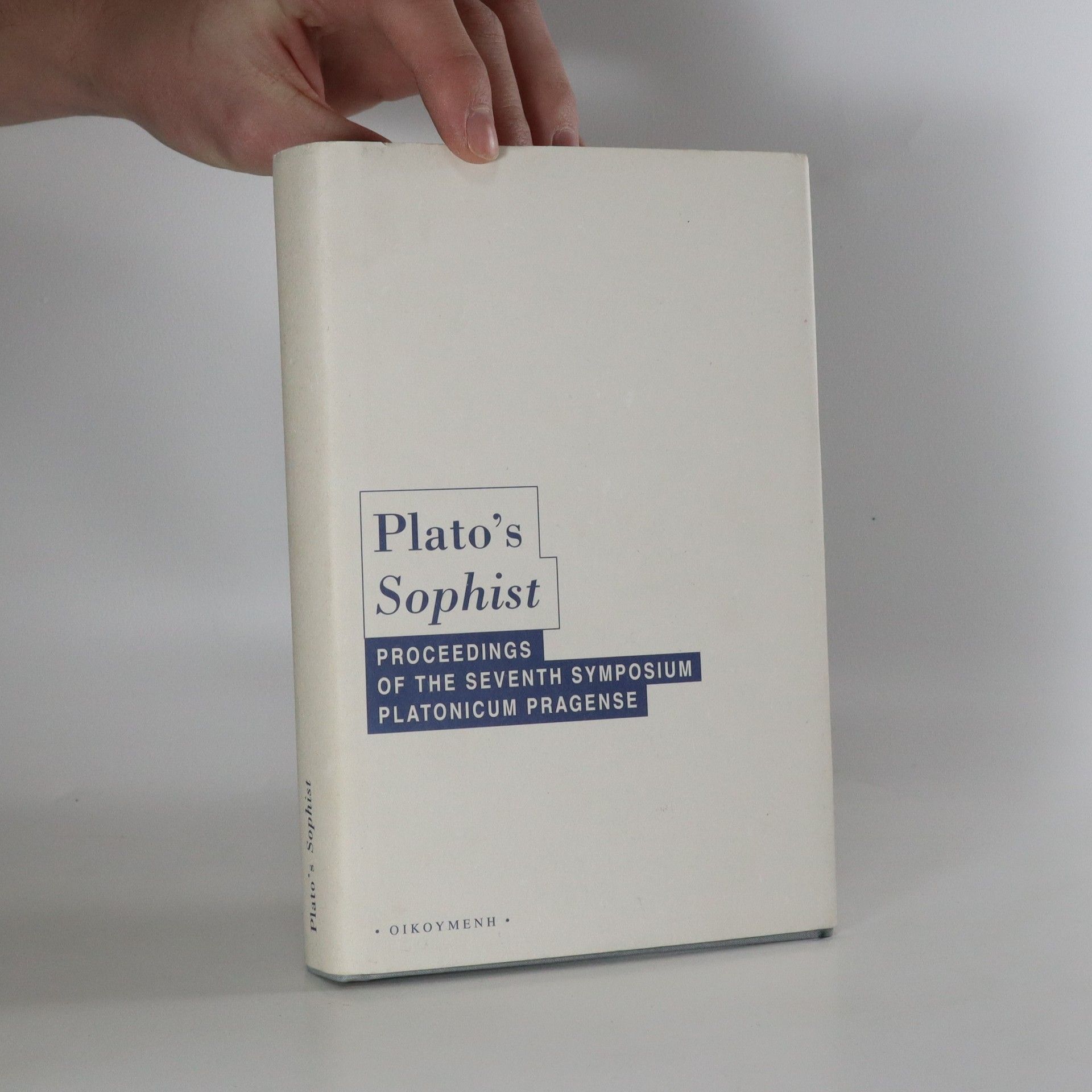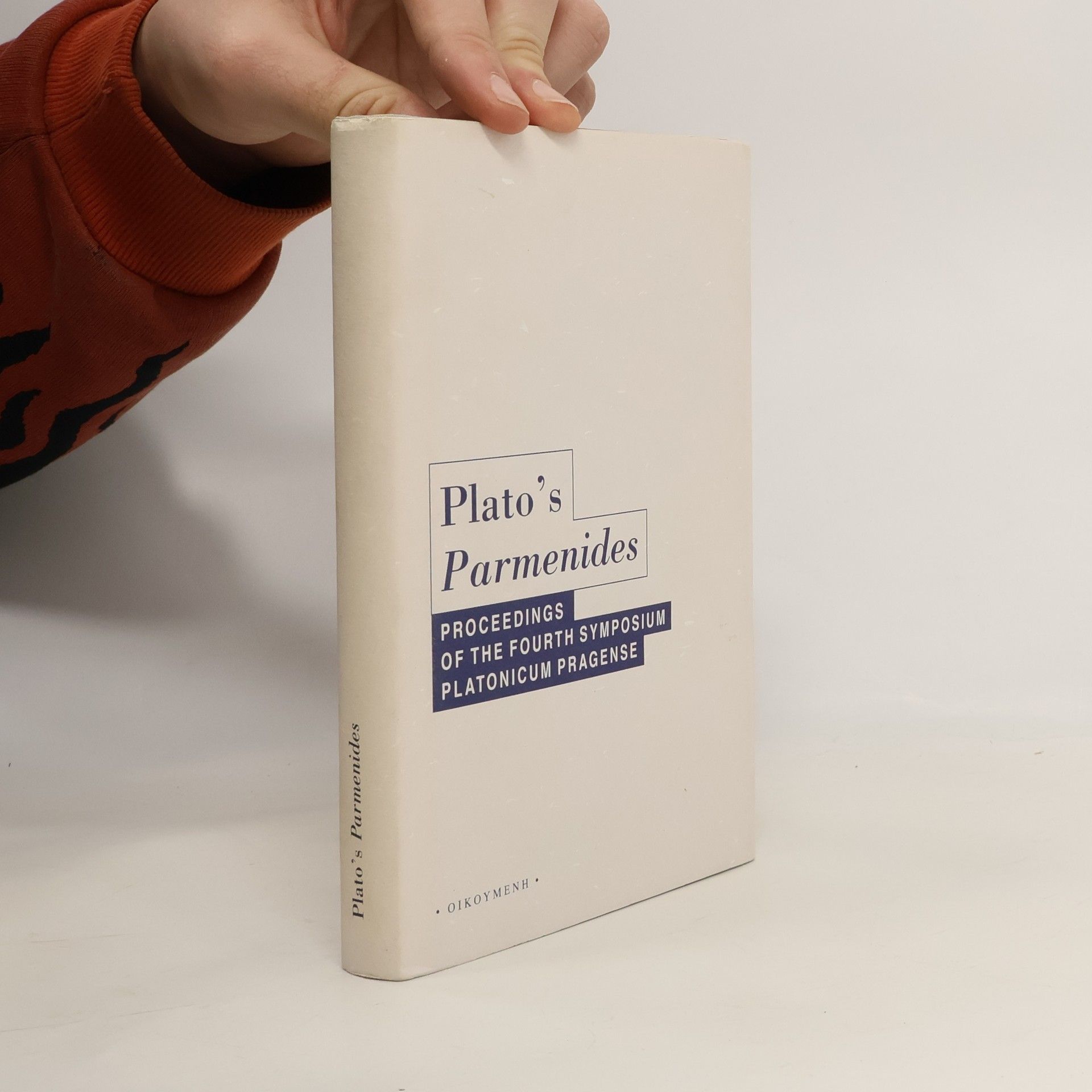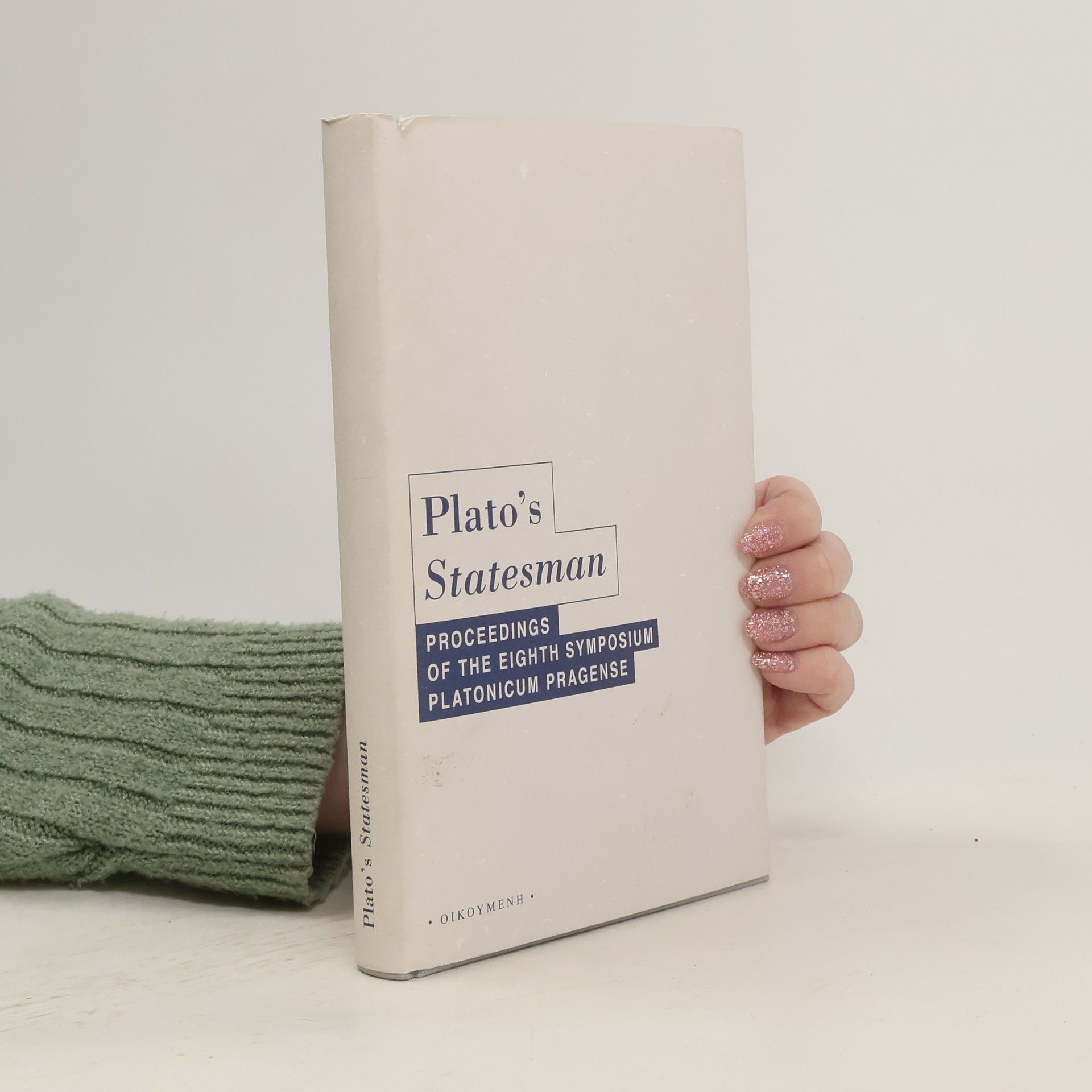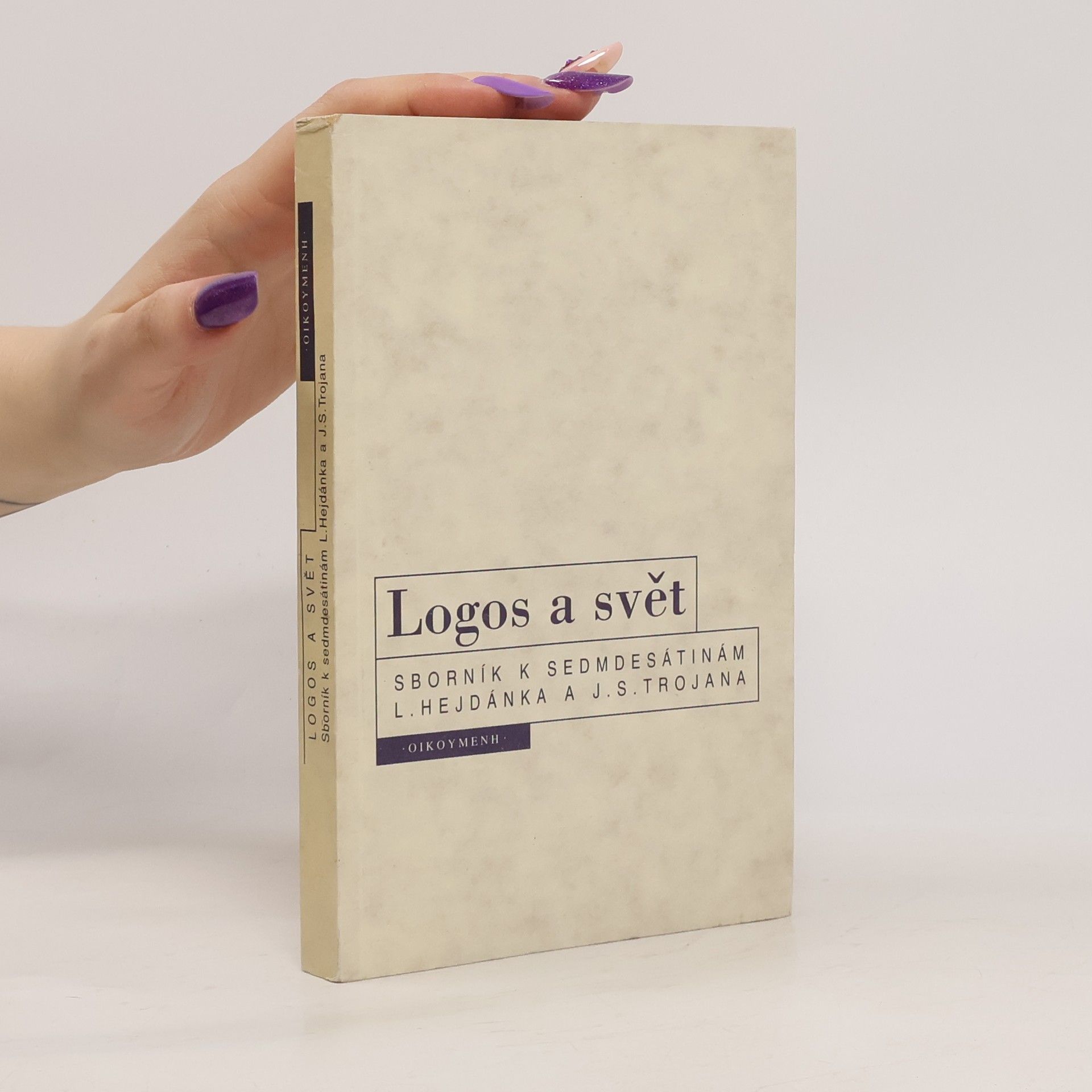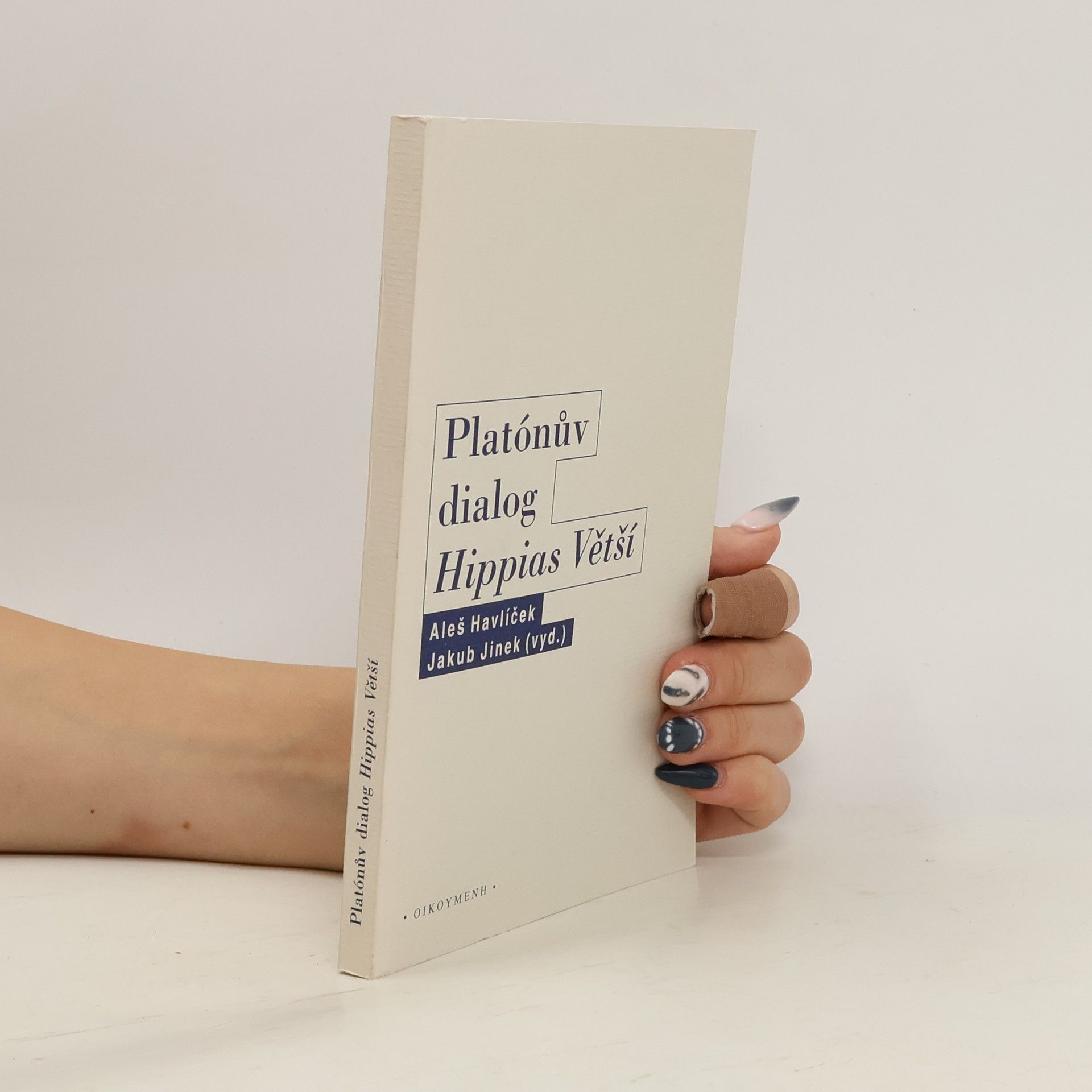Plato's Statesman
- 240 pages
- 9 hours of reading
Kolektivní monografie ze 8. mezinárodního pražského platónského symposia, konaného v Praze ve dnech 10.–12. listopadu 2011. Obsah: M. Dixsaut, La bonne mémoire de Socrate M. Louise Gill, Plato’s Statesman and Missing Philosopher Ch. Rowe, The Statesman and the Best City M. Lane, Political Expertise and Political Office in Plato’s Statesman: D. El Murr, Protagoras et l’âge de Zeus du mythe du Politique J. Jinek, „Herdenzucht“ und „Gemeinschaftszucht“ F. Karfík, The World of Human Politics J. Jirsa, Letters and models: on the Statesman, 277d–278e D. O’Meara, A New Robe for the Goddess in Plato’s Statesman? K. Thein, “The Greatest and Most Valuable Things”: On Statesman 285d9–286a7 M. Miller, Non-bifurcatory Diairesis and Greek Music Theory: A resource for Plato in the Statesman? F. Ricken, Plato’s Statesman – a Political Utopia? D. Ambuel, Pigs in Plato: Delineating the Human Condition in the Statesman
